At the 2025 Creative Women Entrepreneurship Competition organized by the Women's Union of Long An Province (formerly), Ms. Tran Thi Thu Huong's cajuput essential oil product won over the judges and was awarded first prize. Ms. Thu Huong is one of the very few young people in Tan Tay Commune, Tay Ninh Province today who still follow the cajuput essential oil distillation profession with the desire to preserve and develop the profession of her hometown, but it is being lost.
Ms. Tran Thi Thu Huong grows cajuput trees to always have a source of raw materials for distilling essential oils.
According to Mr. Nguyen Van Tam, a resident of Tan Tay commune, the cajuput essential oil distillation profession appeared here in the 80s and 90s of the 20th century. Initially, only Hue people migrated here, taking advantage of the available raw materials of cajuput trees to cook essential oils, then the locals learned and followed suit. At that time, the cajuput forests in Dong Thap Muoi were still vast, so the cajuput essential oil cooking profession was very developed.
The products are mainly consumed in the central provinces. However, the reclamation of wasteland to grow rice or other crops with higher economic value has caused the area of Melaleuca forests to decrease sharply. With no more raw materials, households that cook essential oils have gradually given up their jobs.
When she saw that her family’s decades-long cajuput oil cooking business was in danger of being unable to continue due to difficulty in finding raw materials, Ms. Thu Huong and her husband, Mr. Nguyen Tat Tao, thought of a way to maintain this business. They went to find the remaining wild cajuput trees, collected seeds to plant to create a stable source of raw materials.
Mr. Nguyen Tat Tao said that when the tree is shoulder-high, has thick, dark green leaves, it can be exploited to make essential oil, with an average interval of 2 to 3 months between cuts.
When the cajuput is shoulder-high, it can be cut into raw materials.
With the raw materials, Ms. Thu Huong decided to build a larger essential oil distillation furnace instead of using barrels as people did before. Currently, with the newly invested distillation furnace, she can use from 800kg to 1 ton of raw materials at a time. After 6 - 7 hours, she will collect 1.5 liters - 2 liters of essential oil depending on the growth time of the raw cajuput tree.
After the essential oil distillation was stable, Ms. Thu Huong proactively sought out a place to sell. Confident in the quality of 100% pure cajeput essential oil, she went to pharmacies and stores specializing in selling products for mothers and babies to introduce them. In addition, she also sold products through social networking sites such as zalo, tiktok, and facebook. The exciting thing is that in early 2025, her cajeput essential oil product was certified as a 3-star OCOP product.
100% pure essential oils, with 3-star OCOP certification, are what helps Ms. Thu Huong feel confident when introducing the product to pharmacies and stores.
Having a brand and a distinctive design for identification makes Ms. Huong's cajeput oil more accessible to consumers. Ms. Ngo Phuong Diem, owner of a mother and baby store in My Thanh commune, said: "At first, when we received the goods to sell, many mothers were hesitant, but then they continued to buy them to use. Ms. Thu Huong's Gai Chien cajeput oil product has a long-lasting fragrance, keeps the baby warm very well without heating the baby's skin."
The trust of consumers in using the product is the motivation for Ms. Thu Huong to plan for future product development, and at the same time, upgrade the production process. “This is not only for economic reasons, but I also want to preserve the profession of my family and my locality. I hope that the familiar scent of cajuput essential oil will still spread in my hometown” – Ms. Thu Huong shared./.
Yen Mai - Van Tai
Source: https://baolongan.vn/khoi-nghiep-voi-nghe-chung-cat-tinh-dau-tram-a199075.html


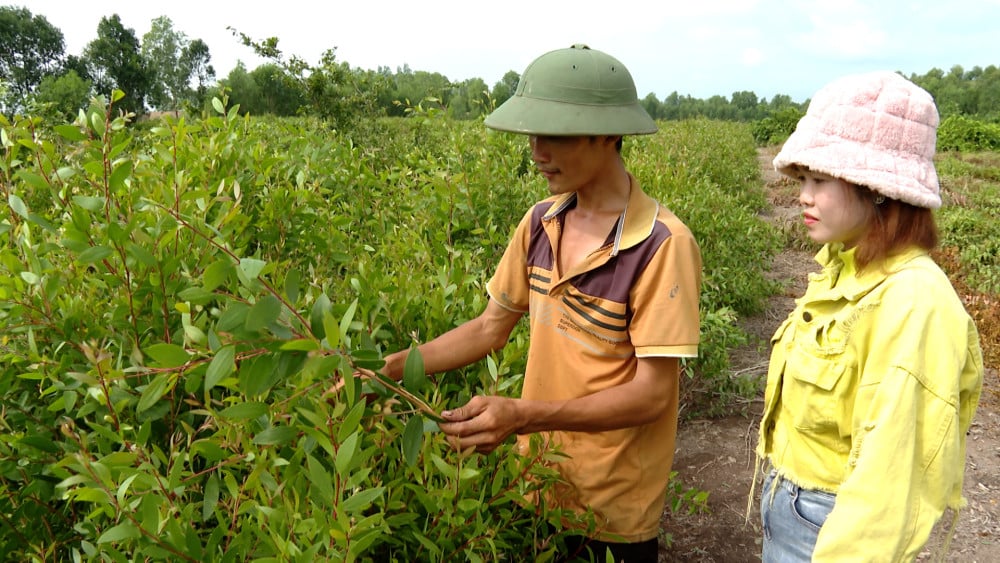
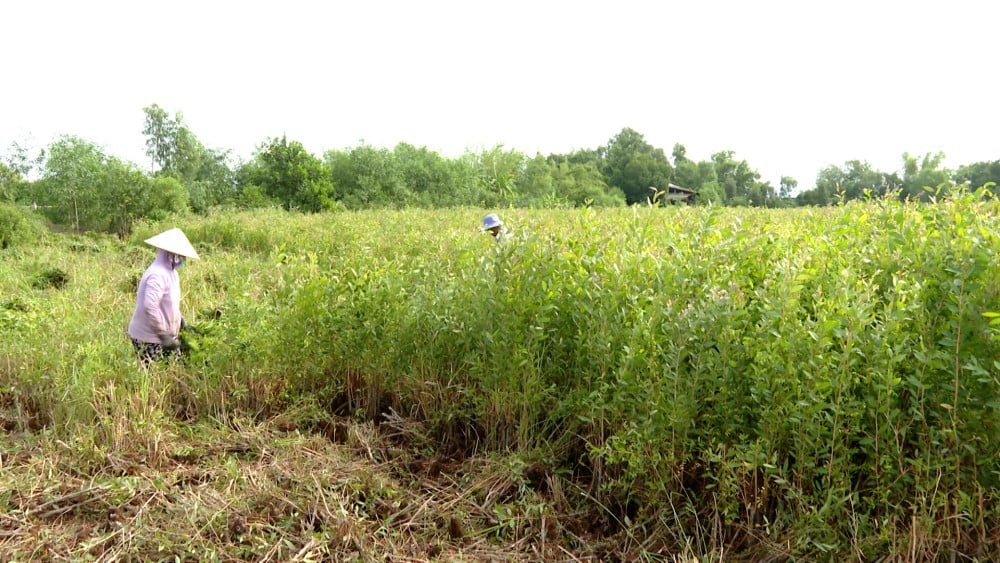
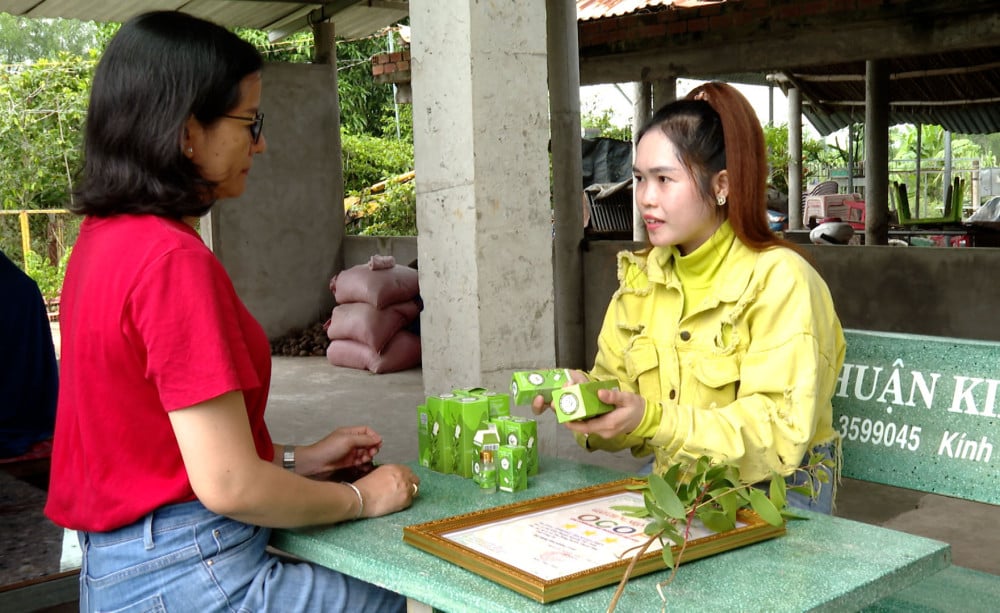
![[Photo] The 1st Congress of Phu Tho Provincial Party Committee, term 2025-2030](https://vphoto.vietnam.vn/thumb/1200x675/vietnam/resource/IMAGE/2025/9/30/1507da06216649bba8a1ce6251816820)

![[Photo] Panorama of the cable-stayed bridge, the final bottleneck of the Ben Luc-Long Thanh expressway](https://vphoto.vietnam.vn/thumb/1200x675/vietnam/resource/IMAGE/2025/9/30/391fdf21025541d6b2f092e49a17243f)
![[Photo] Solemn opening of the 12th Military Party Congress for the 2025-2030 term](https://vphoto.vietnam.vn/thumb/1200x675/vietnam/resource/IMAGE/2025/9/30/2cd383b3130d41a1a4b5ace0d5eb989d)
![[Photo] General Secretary To Lam, Secretary of the Central Military Commission attends the 12th Party Congress of the Army](https://vphoto.vietnam.vn/thumb/1200x675/vietnam/resource/IMAGE/2025/9/30/9b63aaa37ddb472ead84e3870a8ae825)
![[Photo] President Luong Cuong receives President of the Cuban National Assembly Esteban Lazo Hernandez](https://vphoto.vietnam.vn/thumb/1200x675/vietnam/resource/IMAGE/2025/9/30/4d38932911c24f6ea1936252bd5427fa)




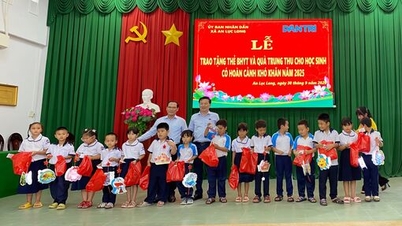


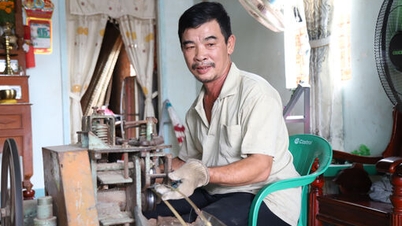





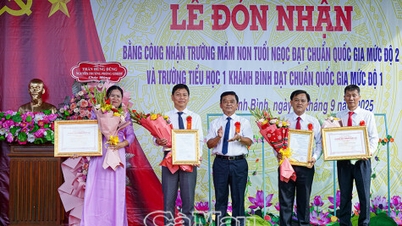

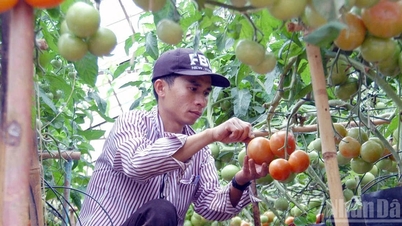













































































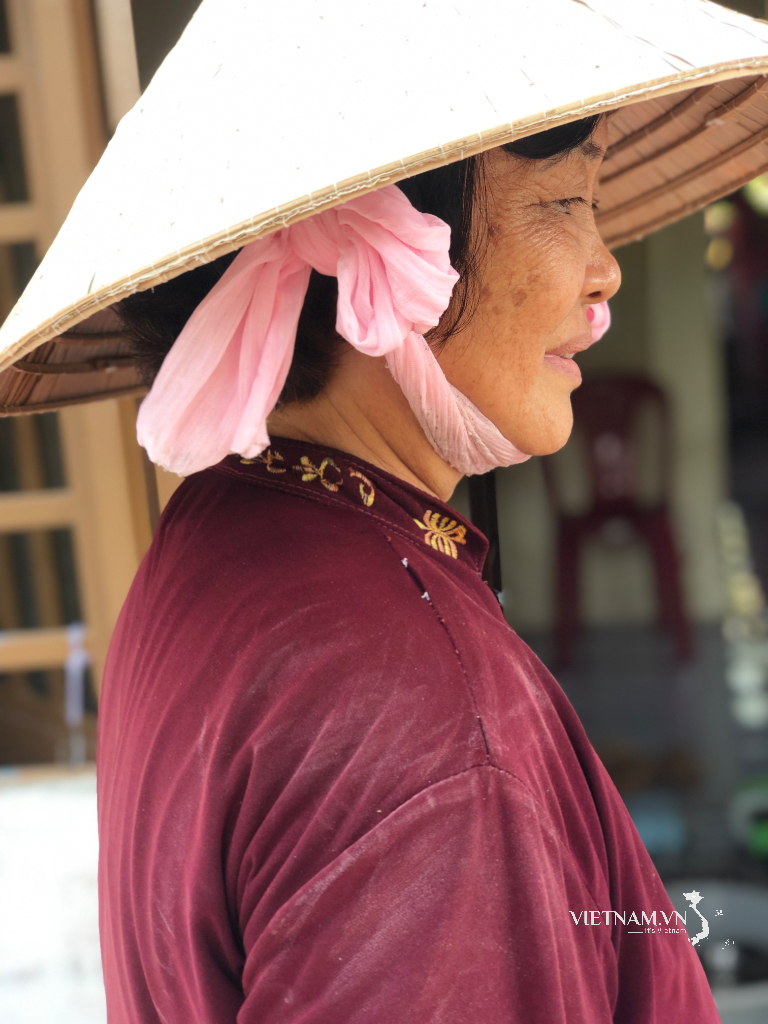

Comment (0)